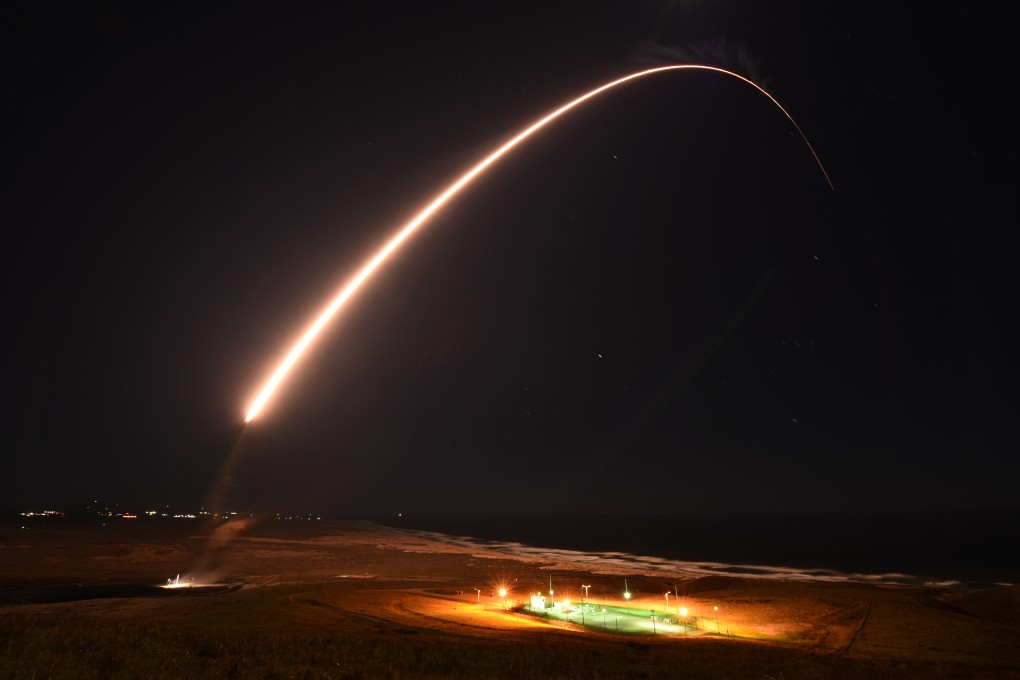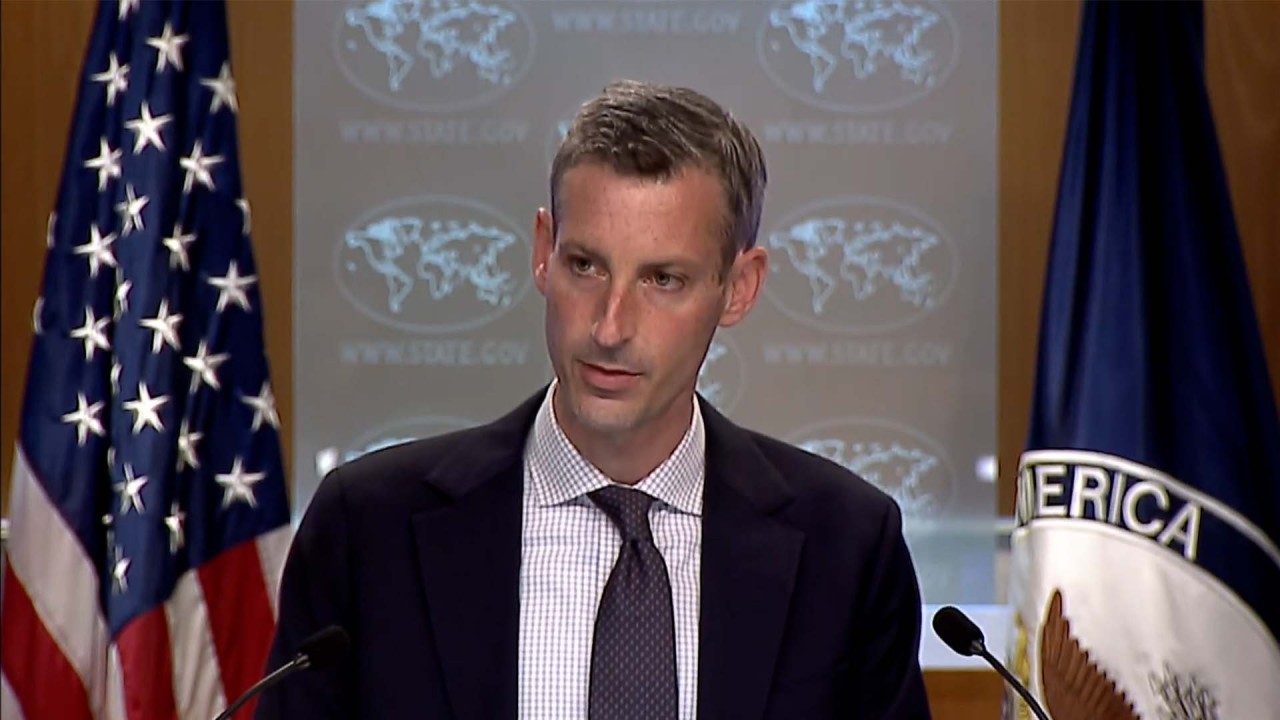China ‘may be drawn’ into US-Russia nuclear competition
- As non-proliferation treaties have fallen by the wayside over the years, the three powers are modernising their capabilities
- A Chinese nuclear strategist has warned the unrestrained competition between Washington and Moscow could also bring in Beijing

As Cold War-era arms control regimes have fallen apart, the two nuclear superpowers and China have been modernising their forces and introducing “post-ballistic” missile technologies, according to Dr Luo Xi, research fellow at the China Arms Control and Disarmament Association.
“This unrestrained nuclear competition between the United States and Russia may complicate future bilateral arms control negotiations and potentially affect China’s cognition of its own nuclear retaliatory capabilities,” Luo said in a research report released on Thursday.

01:41
US ‘deeply concerned’ despite China denying it recently tested hypersonic nuclear missile
This is creating new military and escalatory risks and urgent measures to mitigate the situation must be adopted, she said.
Russia has chosen to continue its reliance on nuclear weapons as a key element of its national security strategy and is developing new and “exotic” nuclear weapons that are arguably not restricted under the terms of New START, Luo said. The US is also investing heavily in the replacement, modernisation and deployment of its nuclear weapons, she added.
Beijing’s nuclear strategy, with its “no first use” declaration, has relied on its ability to absorb a nuclear first strike and retaliate. But, according to Luo, as the emerging power catches up and becomes more involved in a triangular US-Russia-China competition, it is now increasing the survivability of its nuclear forces.
